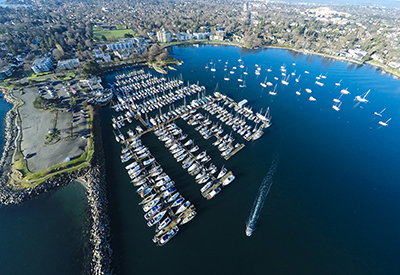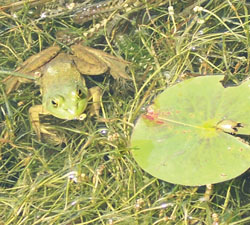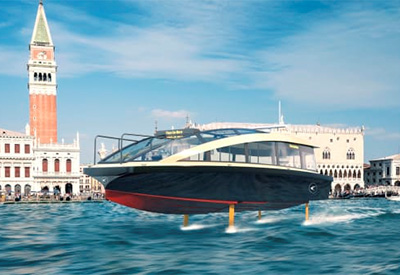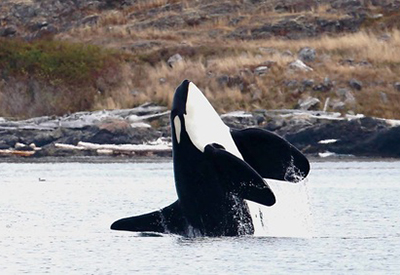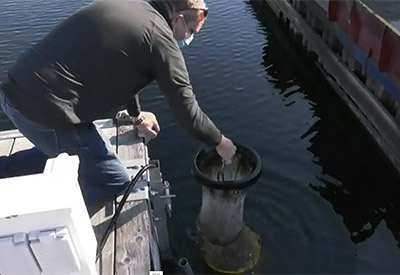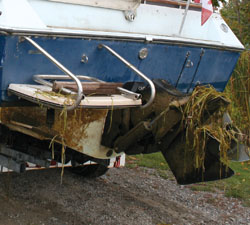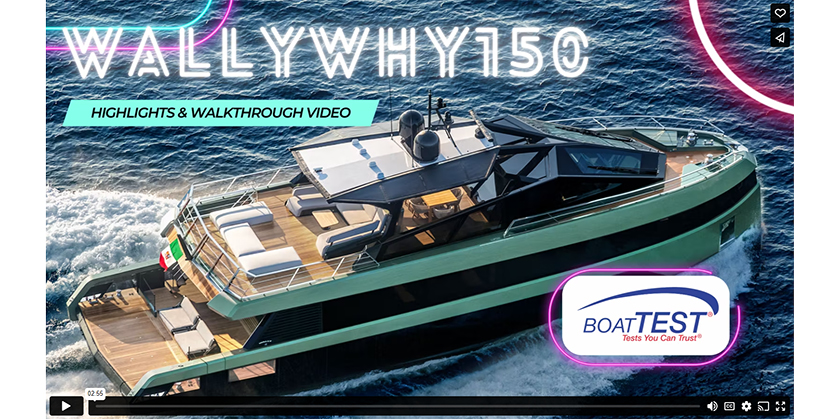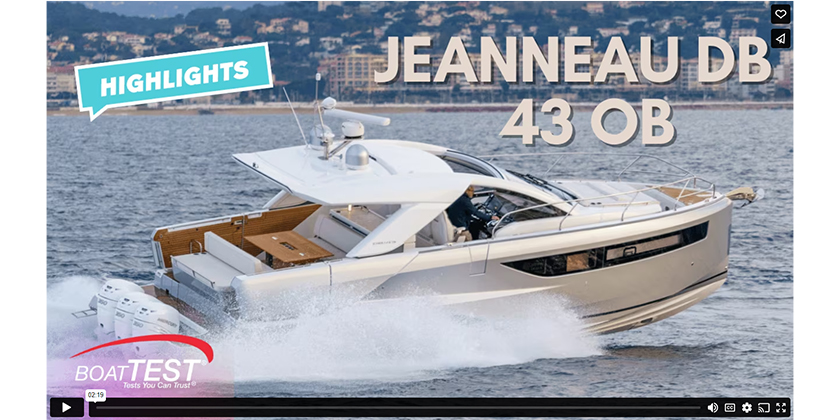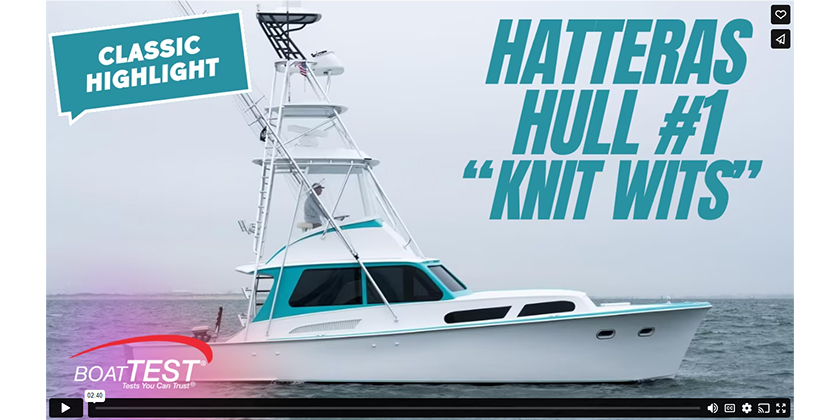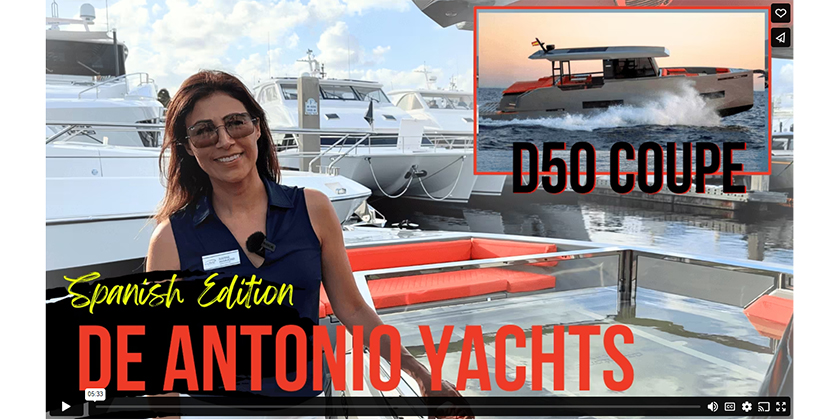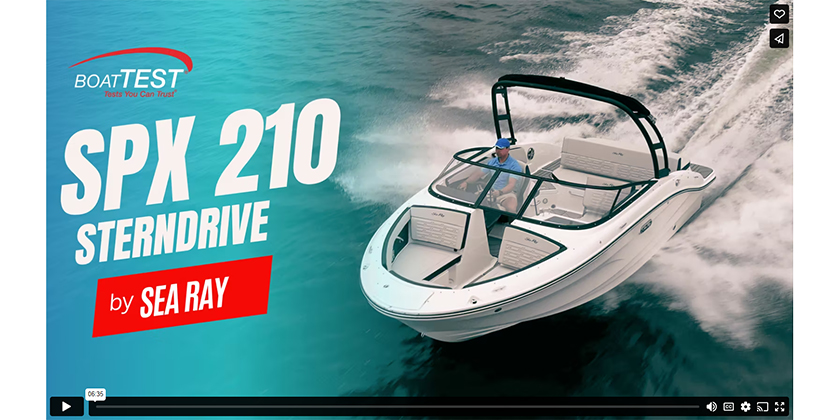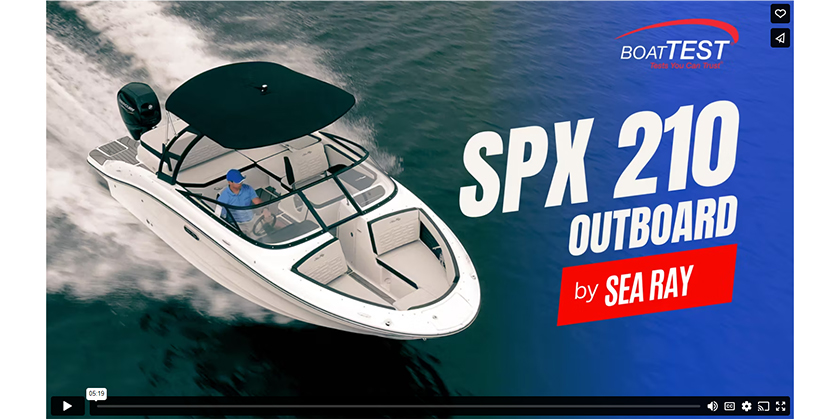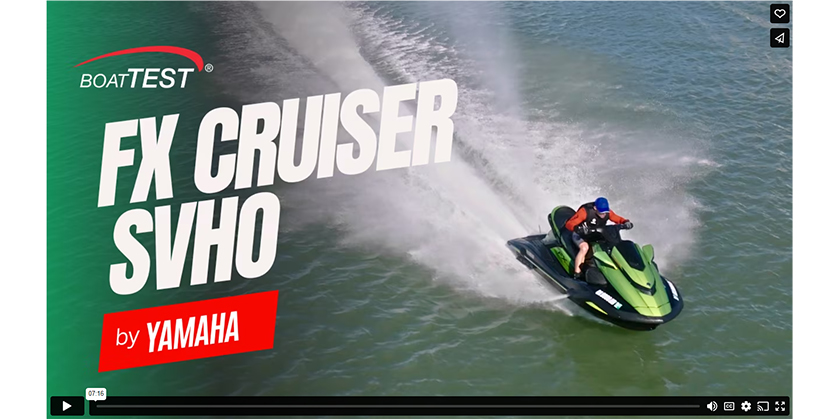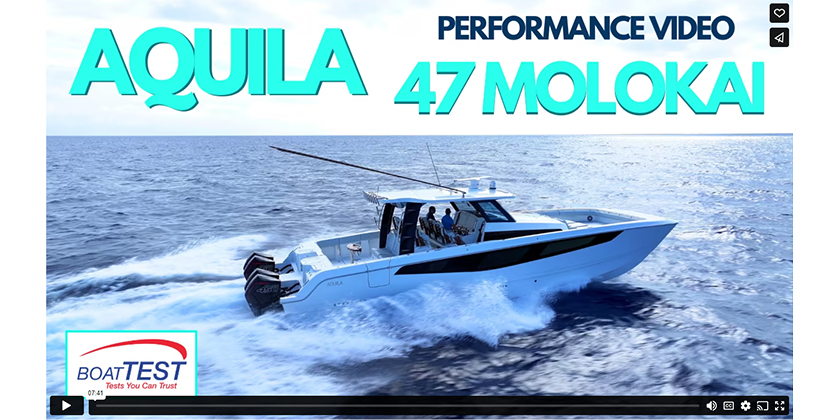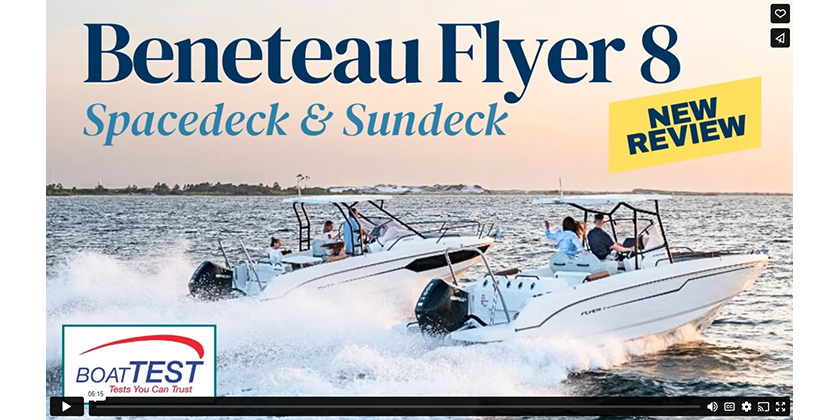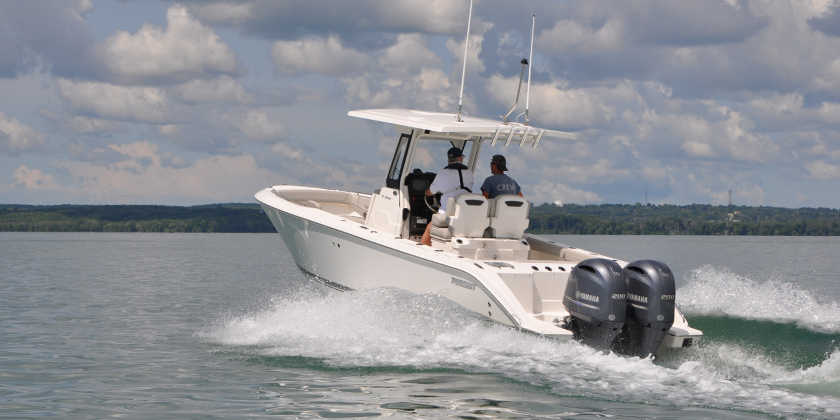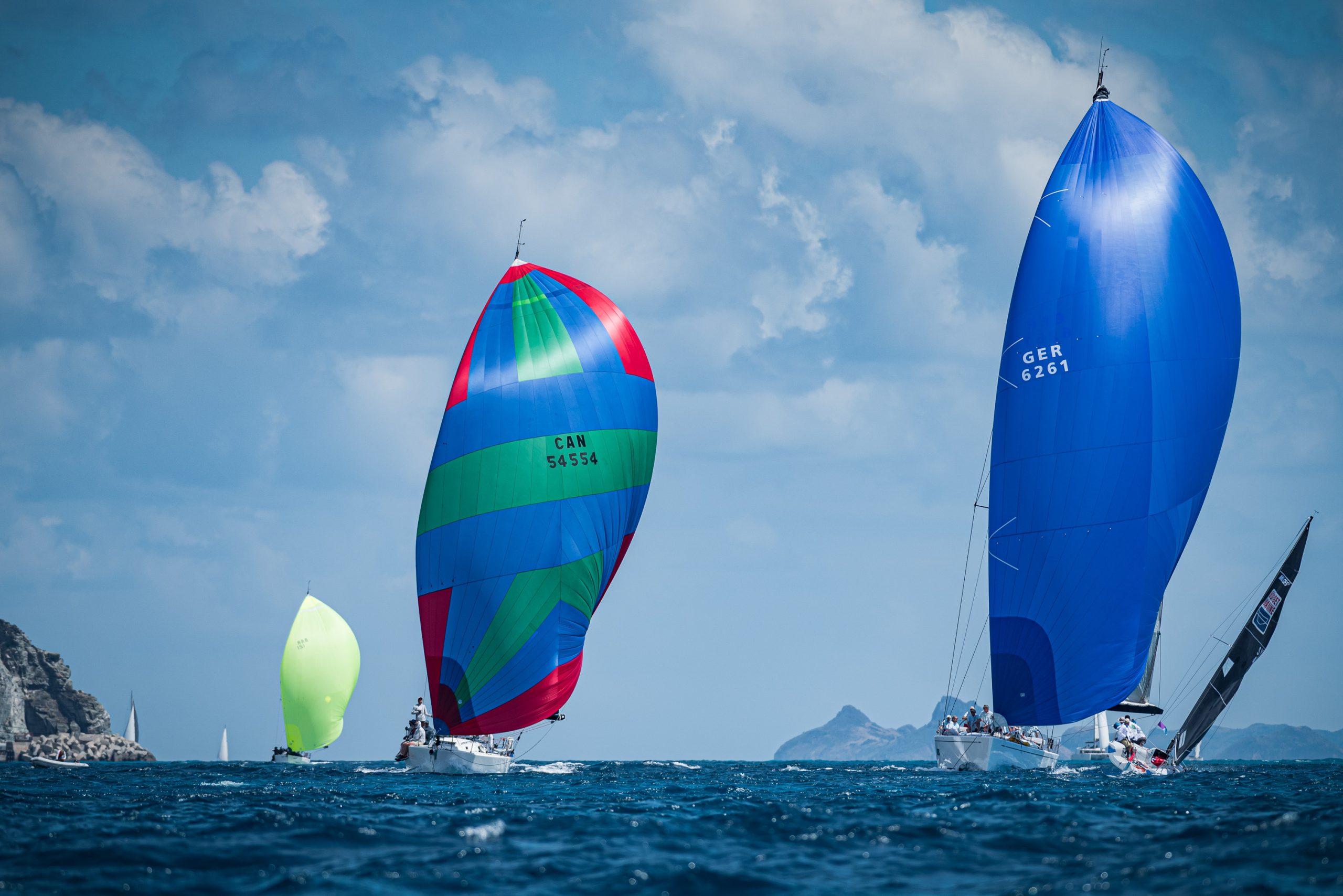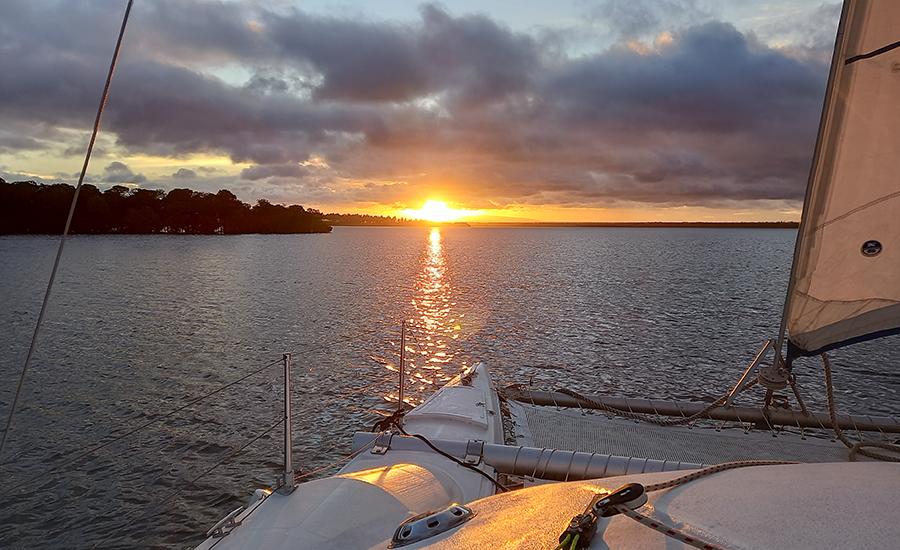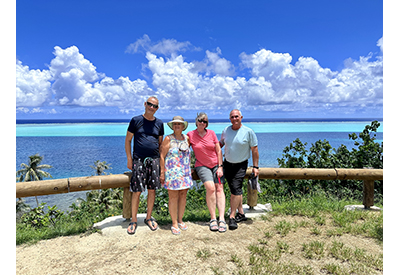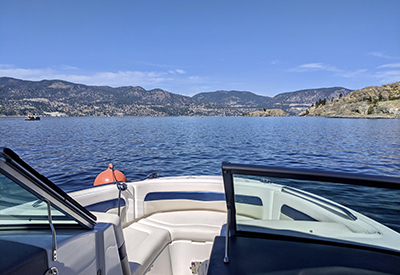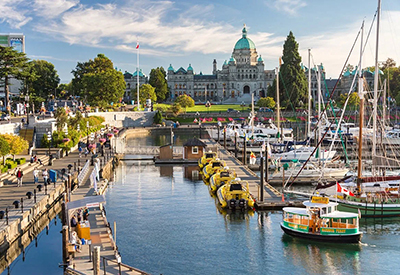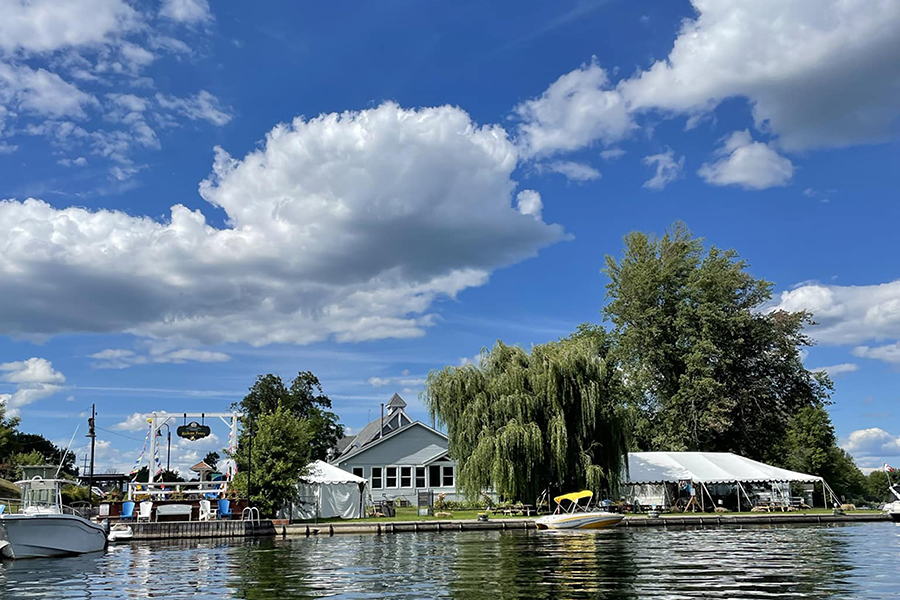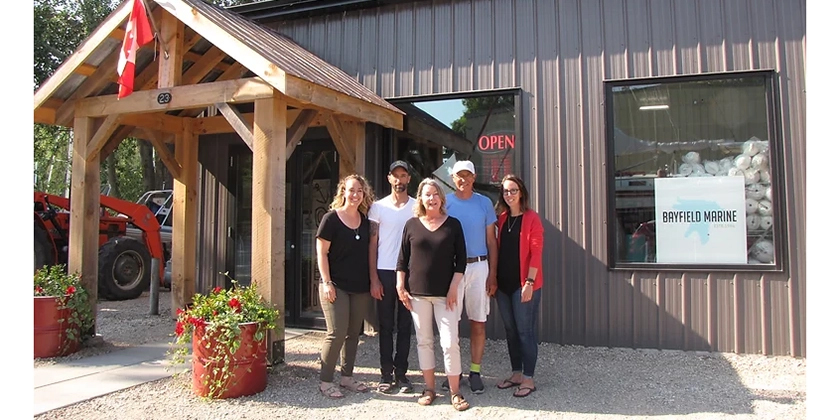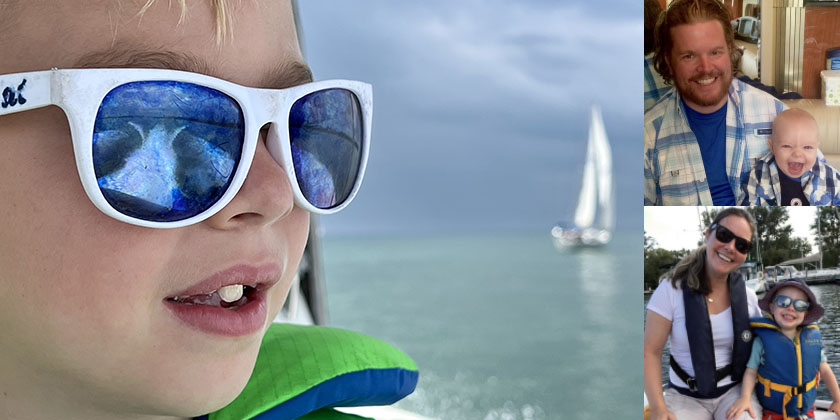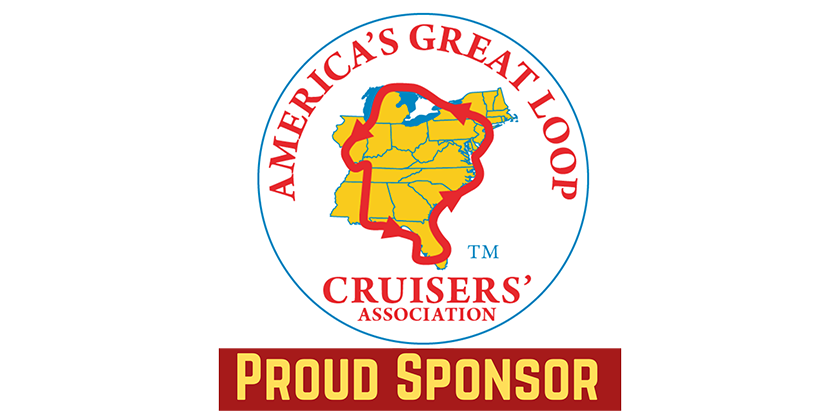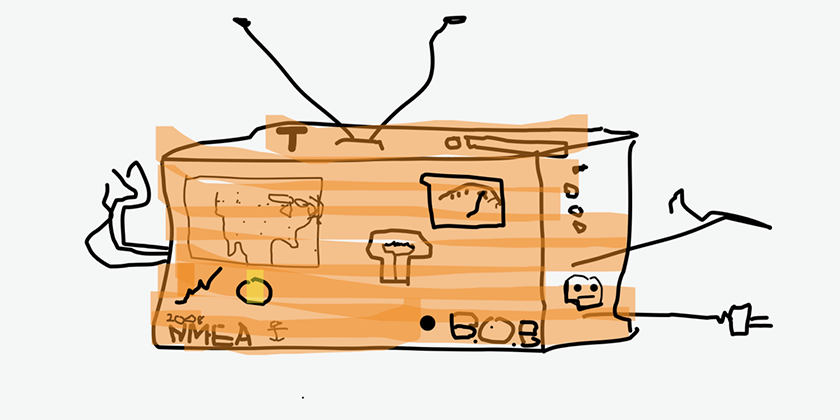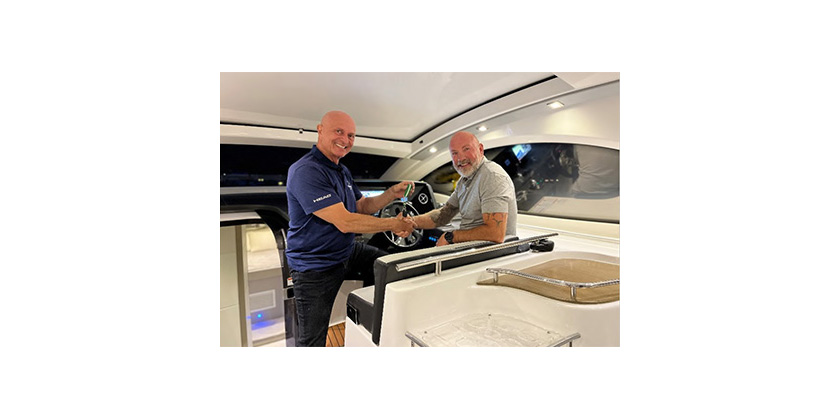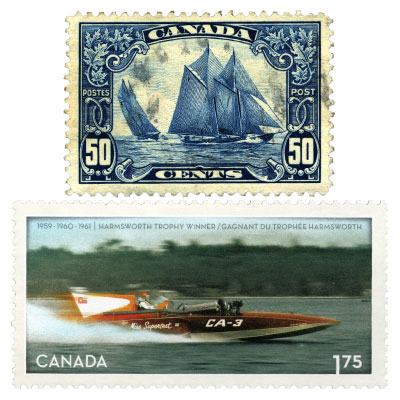Emerging Risks – Boating and the Environment
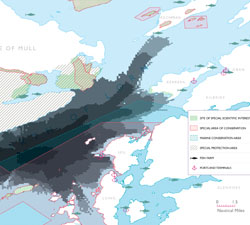
RSA Insurance and the World Wildlife Fund report on emerging risks as a result of environmental change. The disaster unfolding in the Gulf of Mexico has made abundantly clear the increasing environmental risks to our shoreline. While, as recreational boaters we are directly effected by these risks, the issues are wide ranging, extremely complicated and of importance to everyone no matter where they live, since we will all be affected. Offshore drilling is just one challenge that will have to be faced along with increased shipping and aquaculture, and of course rising sea levels.
On June 8, World Oceans Day, RSA Insurance in partnership with the World Wildlife Fund (WWF) released a global report on the marine risks that are emerging as a result of environmental change. Recognizing that the challenges to the marine environment will only increase in the coming years, this report is designed to focus on specific areas of concern. Titled Insurance and the Marine Environment – Emerging Risks Briefing the report is divided into sections of specific concern. We’ll give a quick overview with particular attention as to how some of these issues may affect recreational boating.
Aquaculture
According to the report aquaculture produces 50% of the world’s seafood with another 40,000 tonnes per year from all sources needed by 2030. Needless to say, this will put increasing pressure on fisheries of all types. Aquaculture has undergone a massive expansion in the last 30 or so years and much of this unregulated development has had disastrous results. In Norway and more recently in Chile, disease and pollution have lead to the collapse of large parts of the industry. In British Columbia the full effect of fish farms is being hotly debated. Expansion of fish farming operations in some areas also brings the aquaculture industry into conflict with recreational boaters for navigation and anchoring areas as well as with shore side property owners. The continued growth of demand for fish will do little to alleviate these pressures. The RSA/WWF report emphasizes the need for industry to implement voluntary management standards such as the Aquaculture Stewardship Council certification, which encourage environmental management of farms.
Fishing
As stated above, the increase in demand for seafood is putting extreme pressure on the fish stocks and the fishing industry worldwide. The report emphasizes the importance of a sustainable fishery and points to the consequences of overfishing, sighting the collapse of the Newfoundland cod stocks as an example. The subsequent cod fishing moratorium resulted in the loss of 30,000 jobs. The RSA and WWF are working together to help create Marine Protected Areas (MPAs). These protected zones help increase fish stocks and will require the input and cooperation of local communities as well as government and industry.
Shipping
According to the RSA report, some 50,000 vessels are responsible for carrying 90% of the world’s trade. With 90% of non-bulk cargo carried in containers, a statistic that should cause concern for cruising sailors is the annual loss overboard of an estimated 10,000 of these containers! While the recession has reduced shipping volume and the number of ships, it has also put pressure on shippers to reduce costs. Slower speeds have a positive impact but in some cases, reduced crew numbers can have dangerous consequences.
Offshore Drilling
The Deep Horizon oil leak now causing havoc in the US Gulf Coast states has focused attention on the risks associated with offshore drilling. As an insurer RSA has a vested interest in how to mitigate the risks and this puts them on the same side as environmental groups such as the WWF. Although a complete ban would alleviate the risk it would also be impractical as long as the demand for oil remains high. To more fully understand the risks involved RSA and the WWF use Geographic Information Systems (GIS). This allows for mapping the extent of potential damage. In the Emerging Risks brief a sample map shows the potential area of impact from an oil spill off the west coast of Scotland. The map shows areas most at risk such as fish farms, marine conservation areas and ports. RSA’s Rob Osment, Technical Manager, Geographic Risks Assessment Unit, says “By working with WWF we can map where commercial activity and environmentally sensitive areas overlap. This allows us to work together in making commercial activity sustainable. Together we will map risks in the Canadian coastline, Barient’s Sea and Baltic Sea over the next three years trying to achieve these goals.” If the true risks are known then the proper measures can be taken. It appears that in the case of the Deep Horizon the extent of the risk was not fully understood or planned for.
Wet Renewables
With renewable energy on every government’s agenda the report reviews the current situation with regards to marine based tidal and wave power, or “wet renewable energy”. The UK is currently pushing ahead with a number of projects for both tidal and wave power and could get as much as 10-15% of its power from this source. Both Denmark and Portugal are also moving forward with projects. Although the report does not deal with this, Canada lags far behind in tidal power technology. There is one test generator in the Minas Basin (and it’s having problems) as well as a tidal power plant on the Annapolis River. As the report states it is important to consider all the potential environmental impacts of these technologies. Some large projects could have wide ranging and unforeseen consequences. This technology is still in its infancy but the potential is huge. While the sun does not always shine and the wind does not always blow, the tide always ebbs and flows.
Future
The release of this and future reports by the RSA/WWF is an encouraging sign of cooperation between industry and environmentalists. Too often these groups shout at one another across an abyss of mutual distrust. One thing that should be obvious is the recreational marine industry and boaters of all types will need to be represented as decisions are made on how to deal with these many challenges. For example, both aquaculture and tidal power projects can have implications for anchoring rights and navigation. Sometimes quick fix ideas with popular appeal will be implemented by politicians anxious to be seen as doing something. These actions can have unforeseen consequences and it will take stakeholders from all groups to try and work out compromises and proposals that will at least moderate the effects of change.
By Glen Cairns

